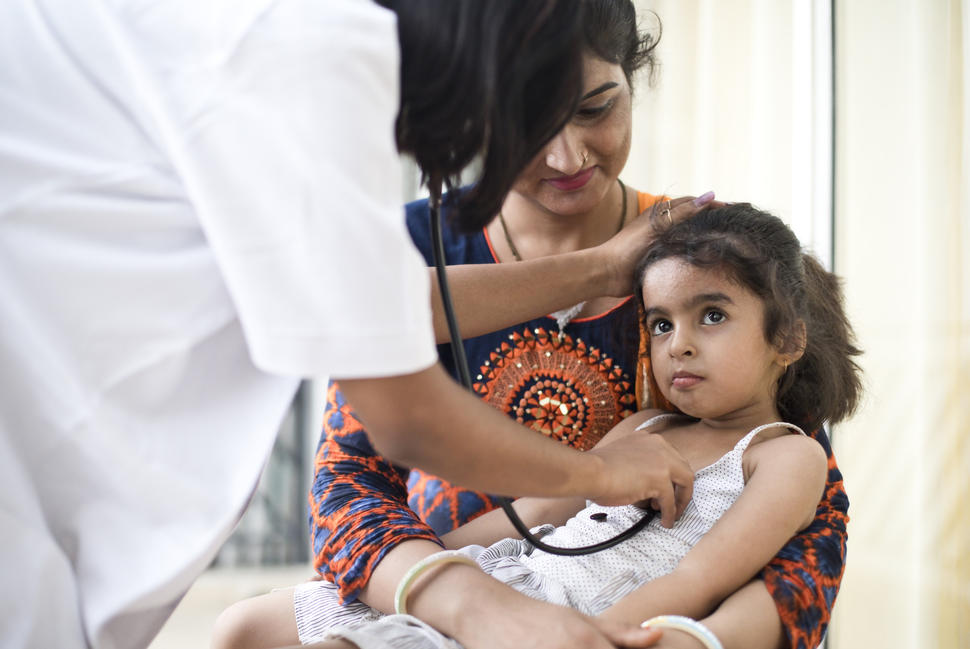During their time at the NIH Clinical Center, this team shadowed leading experts in CAR T-cell therapy at NCI’s Center for Cancer Research. The training provided by NCI scientists—including Nirali Shah, M.D., who studies CAR T-cell therapies for children with blood cancers—proved invaluable, Dr. Dwivedi said. The visit helped guide Dr. Dwivedi and her co-investigators in designing an effective CAR-T cell therapy, actalycabtagene autoleucel (NexCAR19), that could be manufactured in India, made available at a reasonable cost, and meet the needs of patients in India’s health care system.
In October 2023, India’s counterpart to the US Food and Drug Administration, the Central Drugs Standard Control Organization, made NexCAR19 India’s first approved CAR-T cell therapy.
https://www.cancer.gov/news-events/...19-car-t-cell-therapy-india-nci-collaboration
In October 2023, India’s counterpart to the US Food and Drug Administration, the Central Drugs Standard Control Organization, made NexCAR19 India’s first approved CAR-T cell therapy.
https://www.cancer.gov/news-events/...19-car-t-cell-therapy-india-nci-collaboration

